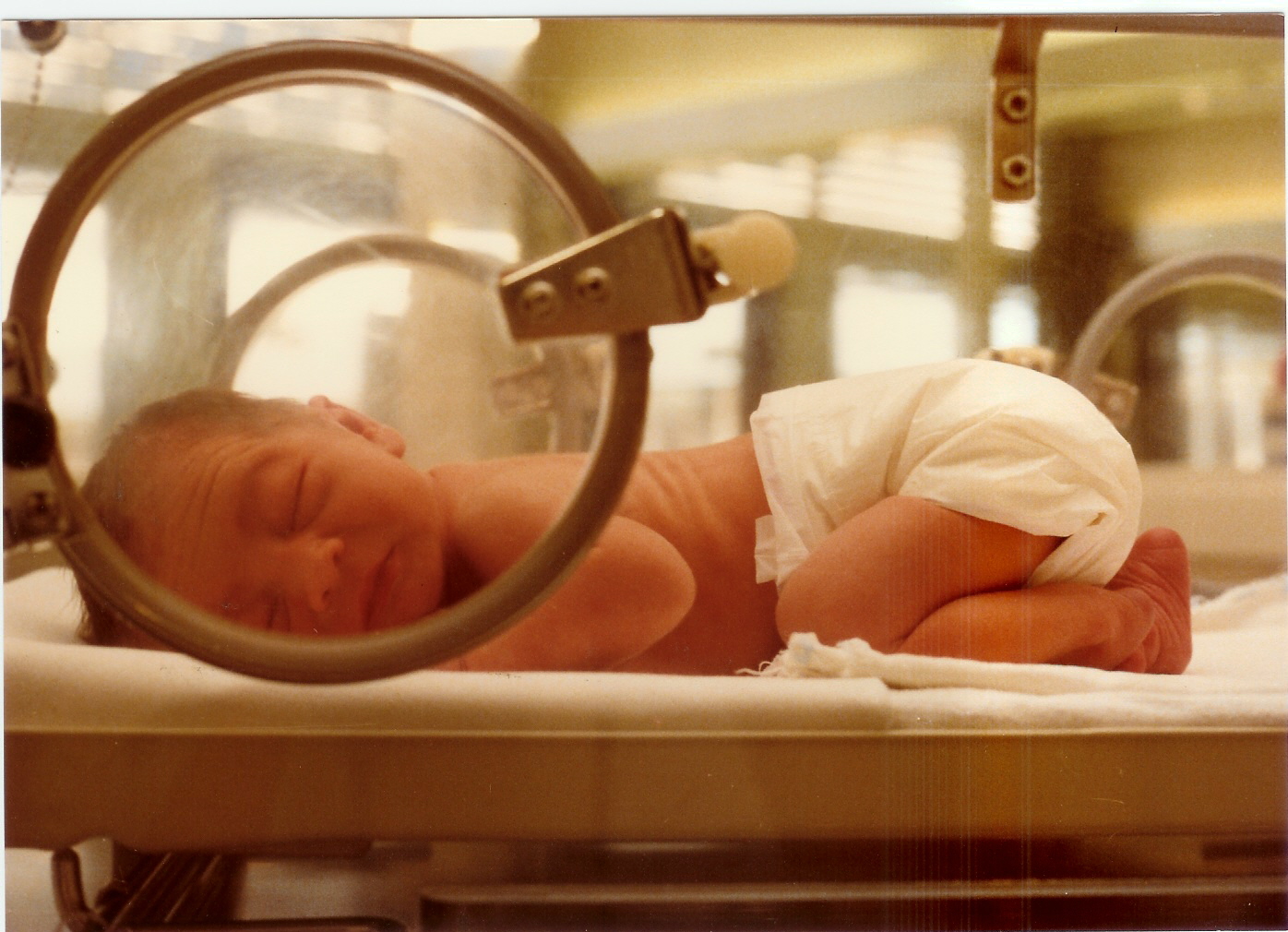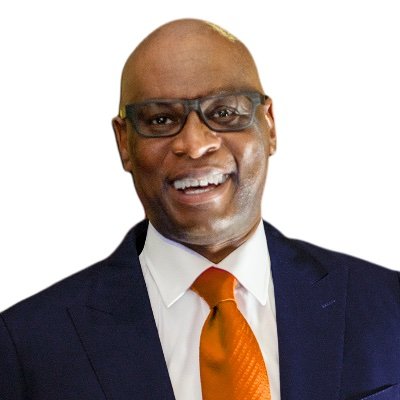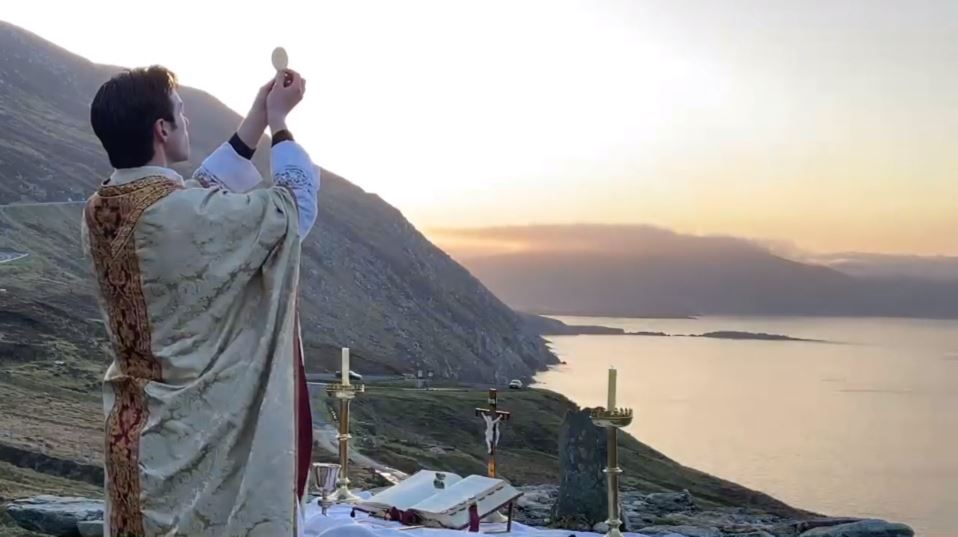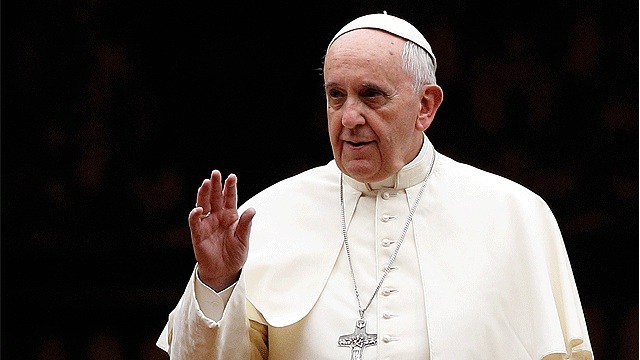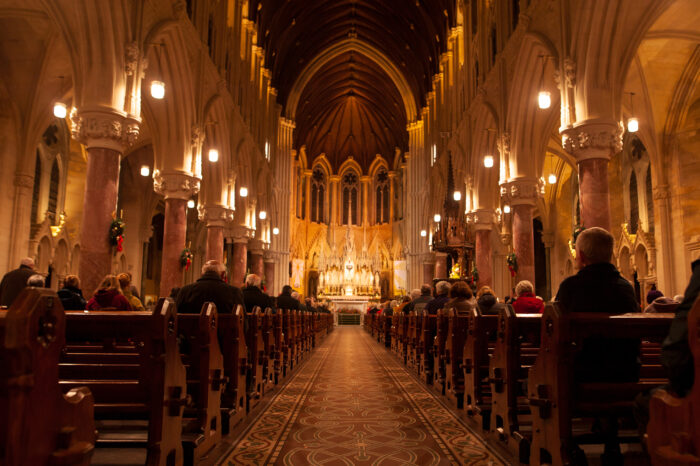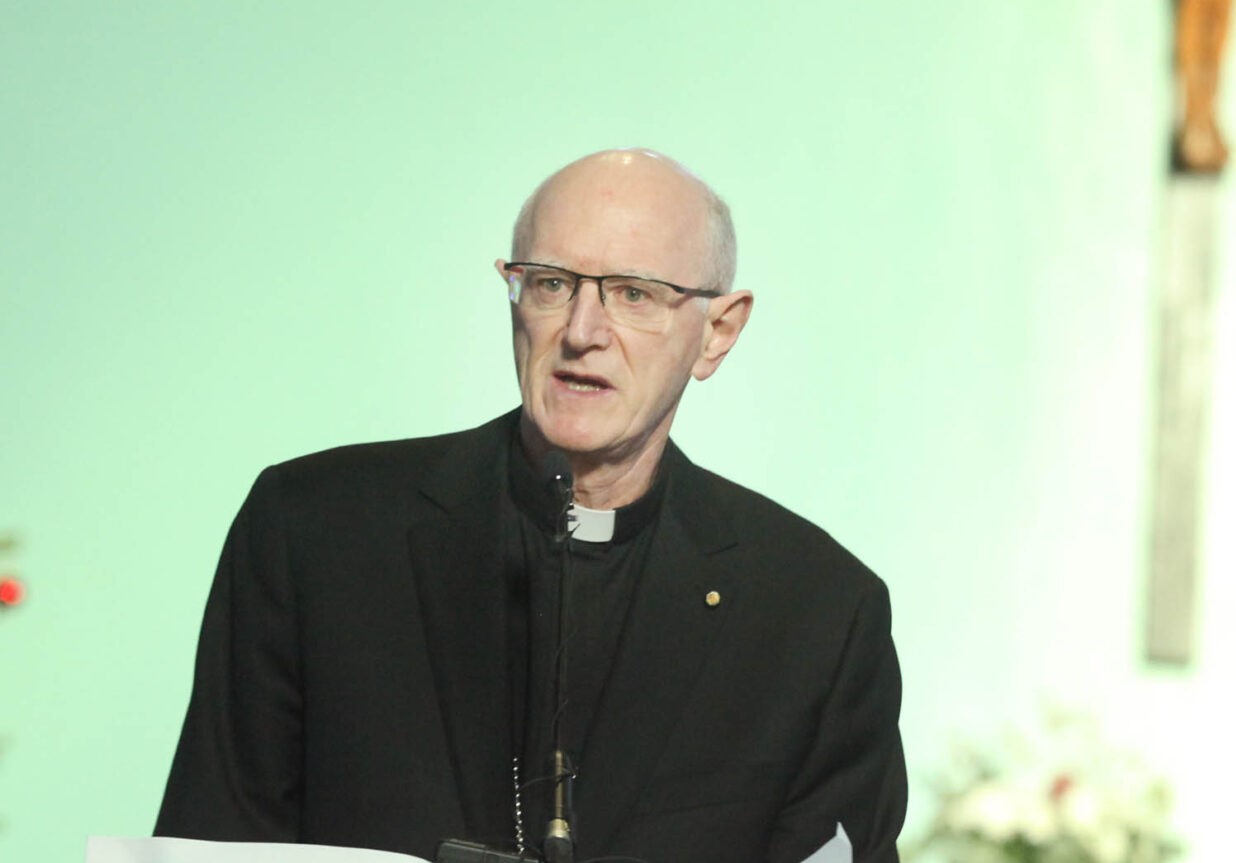Fathers in the US State of Utah are now legally obliged to pay half the cost of a mother’s medical care related to pregnancy and delivery.
Supporters of the law – which is thought to be the first of its kind in the US – say it will help alleviate the financial burden of motherhood for American women and lessen the circumstances that conduce to abortion.
The law, which will take effect on 5 May, passed unanimously with bipartisan support in the state’s Senate but faced some Democratic opposition in the House of Representatives.
Utah’s Shared Medical Costs law applies to biological fathers, but if paternity of the child is in question, fathers are able to delay payments until paternity is proven.
The payment process is not automatic. Similar to child support, if a woman does not seek assistance, the father will not be notified.
Fathers will not be required to contribute to the cost of an abortion if it is sought without their consent, except in the case of rape or if the mother’s life is in danger.
One of the bill’s sponsors, Republican state Congressman Brady Brammer, has said that he wanted a bill that was fully “pro-life” rather than just “anti-abortion”.
Since joining the legislature in 2019, Mr Brammer has seen a number of abortion bills introduced. Each time, “they’re contentious and they’re emotional”, he said. But at the “core” of the issue, “there’s someone in a really tough position in life, making a real tough decision in life”.
Abortion is often an act of desperation, made by someone who is, “scared, alone and poor”.
“Perhaps we could make that situation a little bit easier,” he said.

